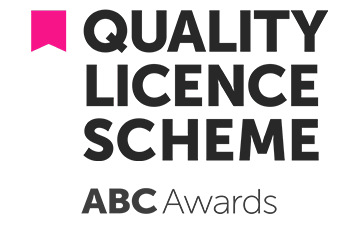

This Special Educational Needs Advanced course is a progression from our Special Educational Needs course. The advanced course delves deeper into the theoretical foundation and prepares students even further to effectively work with children with special educational needs.
Students will learn the definitions and key principles of special educational needs, as well as the fundamental aspects of specific difficulties and disorders, from moderate learning disabilities to autism.
This course is ideal for those who have completed our teaching assistant courses and our Special Educational Needs (SEN) course. It is also suitable for those who simply have general interest in the topic and would like to deepen their understanding of working with SEN children.
Module One: Definitions and key principles of special educational needs (SEN)
At the end of this module, students will be able to:
Module Two: Moderate learning disabilities
At the end of this module, students will be able to:
Module Three: Autism
At the end of this module, students will be able to:
Module Four: Behavioural, social, and emotional difficulties
At the end of this module, students will be able to:
Module Five: Specific learning difficulties
At the end of this module, students will be able to:
Module Six: Speech and language, and global communication issues
At the end of this module, students will be able to:
This course has been accredited by Online Academies. On successful completion of this course you will be able to download or print off a PDF of your Online Academies Certificate (please note: you will also be given the opportunity to have a hard copy of the certificate printed off and posted out to you for a small additional charge). If you would like to view a sample of the certificate, please click here.

Online Academy work with Quality Licence Scheme (Quality Licence Scheme). The Quality Licence Scheme is part of the Skills and Education Group, a charitable organisation that unites education and skills-orientated organisations that share similar values and objectives. With more than 100 years of collective experience, the Skills and Education Group’s strategic partnerships create opportunities to inform, influence and represent the wider education and skills sector.
At the conclusion of each module there is a multiple choice question assessment. This will help you remember the main points of the lesson and act as a check that you have retained the essential knowledge and understanding of that particular section. The results can be seen instantaneously and you can correct wrong answers. When the result is satisfactory you can progress to the next module.
Once you have successfully completed all the modules for your course you will be awarded:
A Diploma issued by Online Academies



